It seems as if we have been in embroiled in a political campaign forever. Now that we have actually arrived at the year of the next presidential election, many of us are just worn out by all the back and forth from the two major parties.
In particular, many Americans have heard more than they want about how the rich don’t pay their fair share. Hardly a day (strike that, hardly a minute) goes by without some television pundit or political commentator or elected official saying that we have got to do something to bring more equality to our system of government and taxation by taxing the rich more than they are being taxed at present.
We have Warren Buffett in the same camp with the OWS crowd proclaiming that the 99% are getting the short end of the stick because the 1% is not holding up its end of the bargain. Mitt Romney, a rich guy who also just happens to be running for president in the Republican primaries, has been put on the defensive recently due to his enormous wealth and his hesitation to share with the world all the ins and outs of his Form 1040 for every year since he made his first dollar.
What is going on? Is this class warfare, or simply class envy?
It’s a pretty simple thing to work people up by saying over and over how they have been taken advantage of by those with more. After all, who among us hasn’t had a twinge of covetousness when we say our neighbor or our colleague at work driving a nicer car or living in a nicer house than we do? Human nature? You bet, but that doesn’t excuse the fact that hating our neighbor because he has more wealth than we do is wrong on every level.
Sure, it’s important to have a system of taxation in our country that is fair to everyone, but when have we ever had a perfect system?
I could make a very long list of things that are wrong with our tax code and the labyrinth of regulations that make up our tax system, but let’s not be unfair in the name of fairness. Are the rich paying less than their fair share?
Let’s take a quick peek at the facts, those stubborn creatures.
According to a recent article in Forbes magazine, which you can find here, you must earn $343,927 to be in the top 1% of earners in our country. If you are blessed to be in the top 1% through being born into the right family or simply working hard enough to get to that point, you will find that you (along with your fellow 1%-ers) will be asked to pay not 1% of the federal income tax load, but 16.9% of the federal income tax. That’s actually the good news for you, because you will actually be asked to bear 36.7% of all federal taxes.
Is that a big enough share of the tax pie to be considered your “fair share?” I’ll leave it to the philosophers to sort that one out.
But, one more statistic from the same Forbes article before we finish. If you’re an average earner in the U.S., which means in the 2nd quartile of earners ranging from the 25% to the 50% of earners, you will make between about $32,000 and $66,000 per year. At that level, your effective income tax rate will be about 5.5%.
If, on the other other hand, you find yourself in the top 1% of earners, your effective income tax rate will be about 24.01%.
Again, is that a “fair share?”
The bottom line is this–the rich pay a lot of taxes. In fact, the rich pay the overwhelming majority of taxes. And, in addition to paying most of the taxes, the rich are job creators. Should we tax the rich even more than they are now? Will that produce more revenue for the country or result in the creation of more jobs? Or will taxing the rich at an even higher rate just result in a sense of increased “fairness” in the minds of some people?
